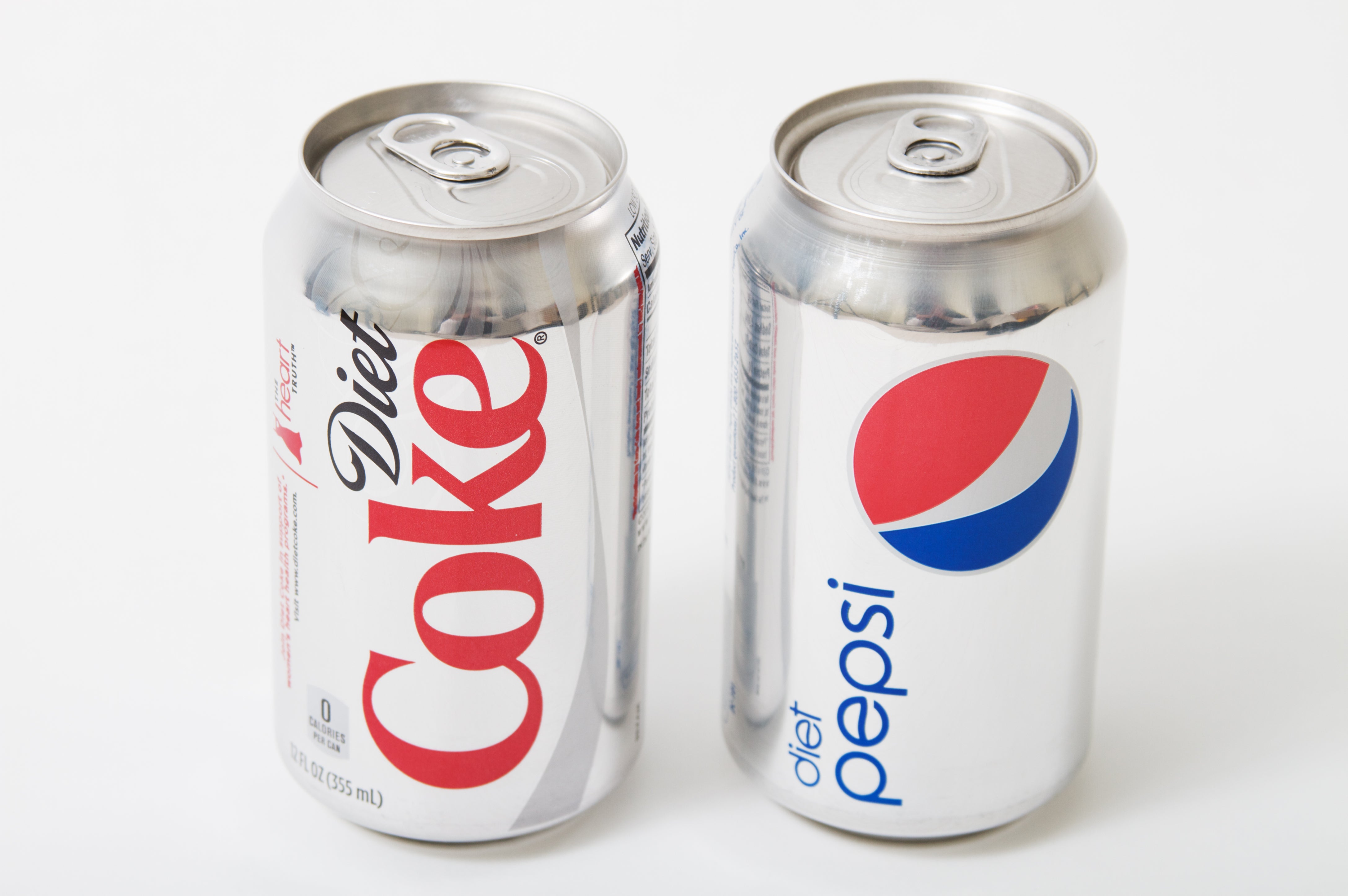From hairdressers to aloe vera: What will Diet Coke join as a ‘possible cancer risk’
Aspartame has been the subject of a safety review by the World Health Organisation’s cancer research arm

A popular artificial sweetener used in Diet Coke and chewing gum is due to be declared a possible cancer risk, according to reports.
Aspartame has been the subject of a safety review by the World Health Organisation’s cancer research arm, International Research on Cancer (IARC), which is due to publish a report next month.
The table-top sweetener will reportedly join the list Group 2B list which is categorised as “possibly carcinogenic to humans”.
It will join the likes of bacon, make-up and hairdressing in a growing list of substances and food items that are believed to cause an increased chance of cancer in humans.
Other items on the list include:
· Aloe Vera: Chemical analysis of the Aloe plant revealed that its ingestion can be associated with diarrhoea, hypokalemia and kidney failure, as well as phototoxicity. Aloe vera whole leaf extract also showed clear evidence of carcinogenic activity in rats and.
· Carpentry: Individuals who use machinery to cut or shape wood are exposed to wood dust, which has strong associations with cancers of the paranasal sinuses and nasal cavity.
· Pickled vegetables: The traditional way of preparing pickled vegetables means placing them in a jar for several weeks or months, allowing fermentation and growth of yeasts and fungi. These can potentially cause carcinogenic compounds such as mycotoxins.
Meanwhile, hairdressing has been placed in the 2A “probably carcinogenic” category as these professionals are chronically exposed to a large number of chemicals, with studies finding an increased risk of breast cancer, lung cancer and cancer of the larynx.
The move is likely to be controversial after the IARC has faced past criticism for causing alarm by labelling a number of everyday products or situations as a potential cancer risk.
These include working overnight, consuming red meat and using mobile phones. Reuters reported that the report was preparing to label the table-top sweetener as “possibly carcinogenic to humans”, meaning there is some limited evidence linking it to cancer.
The IARC has two more serious categories, titled “probably carcinogenic to humans” and “carcinogenic to humans”. The levels are based on the strength of the evidence, rather than the dangerousness of a substance.
Joining aspartame as a possible link to cancer is other products such as traditional Asian pickled vegetables as well as exposure to carpentry and dry cleaning.
Meanwhile, exposure as a hairdresser or barber has been placed in the second category alongside the manufacturing of glass which is said to affect the stomach and lungs.
Smoking, drinking alcoholic beverages, consumption of processed meat and exposure to X-rays and Gamma radiation are listed as carcinogenic substances, with sufficient evidence that they cause cancer in people.
Aspartame has been widely used since the 1980s and is authorised for use globally by regulators, with the food industry expressing concerns about the reports.
“IARC is not a food safety body,” said Frances Hunt-Wood, the secretary general of the International Sweeteners Association. “Aspartame is one of the most thoroughly researched ingredients in history, with over 90 food safety agencies across the globe declaring it is safe, including the European Food Safety Authority, which conducted the most comprehensive safety evaluation of aspartame to date.”
The Guardian reports that the IARC collected 7,000 research references to aspartame with experts analysing 1,300 studies.
The safety review was conducted to assess whether or not aspartame is a potential hazard, however it does not consider how much a person can safely consume.
The result of the evaluation will be made available on 14 July 2023, alongside a review of the acceptable daily intake and a dietary exposure assessment.
Subscribe to Independent Premium to bookmark this article
Want to bookmark your favourite articles and stories to read or reference later? Start your Independent Premium subscription today.

Join our commenting forum
Join thought-provoking conversations, follow other Independent readers and see their replies